DriveSmart BC: Let's Block the Road!
When I was posted in the Okanagan in the 1990s I was answering phones in the detachment dispatch office. A caller from Summerland asked what would happen if he decided to take his protest sign down to the highway and conduct his own personal blockade. He expressed the opinion that if he did that the police would arrive quickly and if he did not move he would be removed.I couldn’t argue his point.
This past week has seen a number of blockades of B.C. highways and other places, so I thought that it would be interesting to examine why groups were permitted to disrupt our everyday travels to express a point.
My first stop was the Guide to the Law of Protest published by McGrady Law of Vancouver. This document outlines some history of civil disobedience in B.C., examines a person’s right to protest, outlines how to conduct yourself and how the law may be applied to you when you do.
Next, I contacted the Ministry of Public Safety & Solicitor General via the media contact information. All that they would say beyond the fact that the Motor Vehicle Act did not direct police to dismantle blockades was that the Ministry did not get involved in day to day police operations. When asked about setting government policy all further e-mail was ignored.
Government policy is published in the form of the Crown Counsel Policy Manual on Civil Disobedience and Contempt of Related Court Orders. This guides Crown lawyers in deciding whether they should prosecute protesters or not. I don’t doubt that this guides police decisions as well.
Media relations with the RCMP in B.C. were helpful. They explained that each situation is evaluated separately and that a balance had to be struck between Charter rights, criminal actions, court orders and public safety. Where there is no court order, police can rely on the Criminal Code and common law powers in the event of violence or criminal actions by protesters.
Police resources to cope with the size of the protest group is without a doubt an important consideration.
Finally, the most assistance came from the B.C. Civil Liberties Association (BCCLA):
First of all, regarding the “free passage of traffic”, operating a motor vehicle is a privilege not a right.
Second, streets are blocked off for various reasons on a regular basis. Examples include activities related to the film industry, parades, marathons, and marches. Police are present to ensure that the scene is safe and the traffic is diverted. These events typically occur on main thoroughfares. A double standard applied in the case of lawful protest would be unreasonable.
Third, roads are public places in which political expression can take place. The rights to freedom of expression and assembly are enshrined in the Canadian Charter of Rights and Freedoms, and are necessary in a free and democratic society. Furthermore, the police have a duty to ensure a safe environment for members of the public to express themselves through non-violent protest and civil disobedience.
Finally, during the course of their duties, police are constantly balancing interests and re-evaluating their discretion. In the event of an emergency, police have the option to use their discretion to clear the way for an emergency vehicle. A court would likely uphold the infringement of Charter-protected rights to allow for the safe passage of an emergency vehicle.
A counter-protest to a blockade on Highway 19 in Courtenay did result in an arrest and an end to the blockade. The original protesters left out of concern for their own safety.
Returning to the inquiry that I mentioned at the start of the article, the BCCLA says that there is no difference between the right of the individual and the right of the group to protest, but I do wonder what would happen.
Story URL: https://www.drivesmartbc.ca/government/lets-block-road



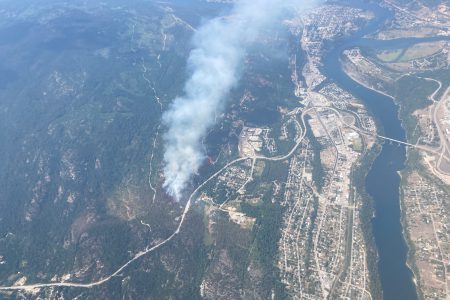

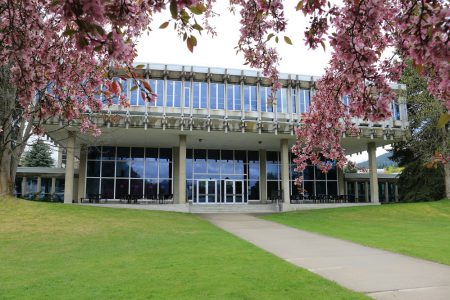






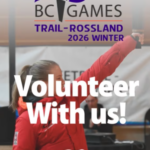

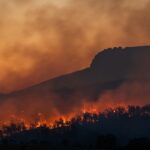





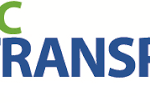


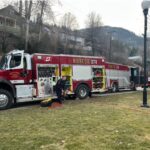



Comments